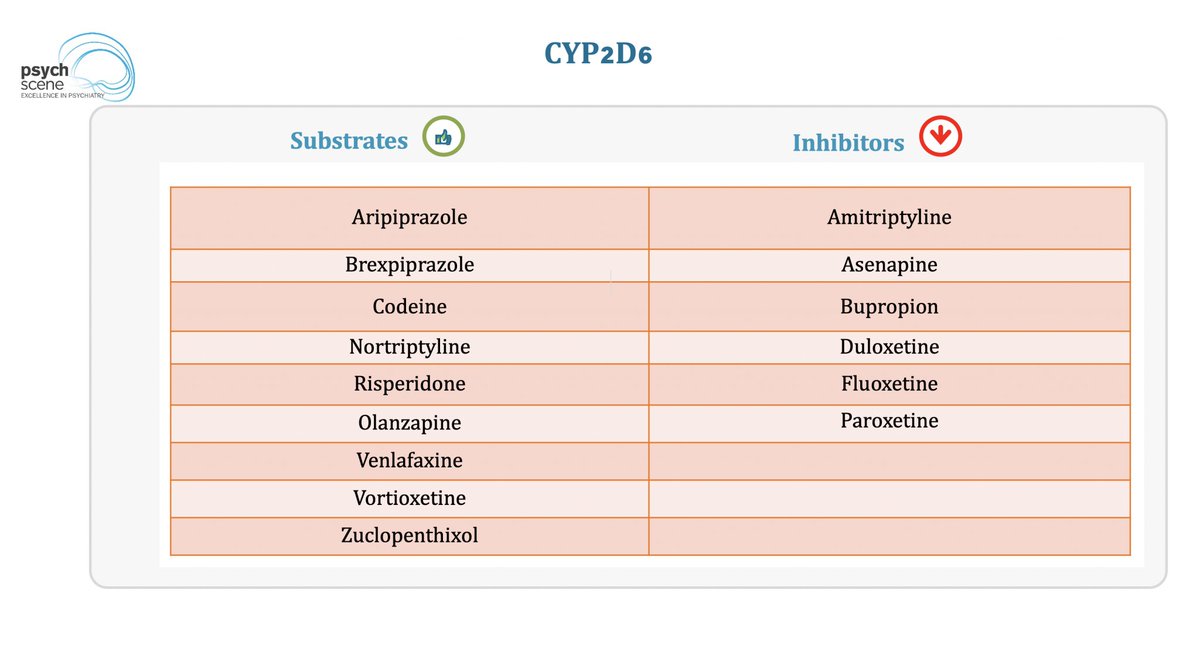Up to 40% reduction in depression risk has been observed with adherence to anti-inflammatory diets like the Mediterranean diet, according to the PREDIMED study.
Emerging research links dietary patterns to neuroinflammation, neurotransmitter synthesis, and gut–brain signalling.
Here’s what clinicians need to know about nutritional strategies in psychiatric care, from gut microbiota to therapeutic nutrients. 🧵👇
Emerging research links dietary patterns to neuroinflammation, neurotransmitter synthesis, and gut–brain signalling.
Here’s what clinicians need to know about nutritional strategies in psychiatric care, from gut microbiota to therapeutic nutrients. 🧵👇

The Gut–Brain Axis and Mental Health
The GI tract hosts 100 trillion microbes influence mood, cognition, and stress regulation.
Disruptions (e.g., from a Western diet) are associated with depression and anxiety.
Some strains produce neurotransmitters (e.g., serotonin precursors).
The GI tract hosts 100 trillion microbes influence mood, cognition, and stress regulation.
Disruptions (e.g., from a Western diet) are associated with depression and anxiety.
Some strains produce neurotransmitters (e.g., serotonin precursors).
Dysbiosis and Psychiatric Risk
Animal studies show anxiety-like behavior after gut microbiota disruption (e.g., Campylobacter jejuni).
Probiotic foods like yoghurt, kefir, kimchi, and sauerkraut have shown promise in reducing gut inflammation and improving mood symptoms.
Clinical translation is ongoing.
Animal studies show anxiety-like behavior after gut microbiota disruption (e.g., Campylobacter jejuni).
Probiotic foods like yoghurt, kefir, kimchi, and sauerkraut have shown promise in reducing gut inflammation and improving mood symptoms.
Clinical translation is ongoing.
A Shared Pathway
Depression is increasingly linked to low-grade systemic inflammation and oxidative stress.
• High-fat, high-sugar diets: ↑ TNF-α, IL-6
• Polyphenol-rich diets: ↑ BDNF, ↓ oxidative damage
This supports a neuroimmune model of affective disorders.
Depression is increasingly linked to low-grade systemic inflammation and oxidative stress.
• High-fat, high-sugar diets: ↑ TNF-α, IL-6
• Polyphenol-rich diets: ↑ BDNF, ↓ oxidative damage
This supports a neuroimmune model of affective disorders.
Anti-Inflammatory Dietary Models
• Mediterranean diet associated with ~30–40% ↓ risk of depression (PREDIMED study, 2013)
• Emphasis on whole grains, legumes, fish, olive oil, and vegetables
• Traditional Japanese and Norwegian diets show similar patterns
• Mediterranean diet associated with ~30–40% ↓ risk of depression (PREDIMED study, 2013)
• Emphasis on whole grains, legumes, fish, olive oil, and vegetables
• Traditional Japanese and Norwegian diets show similar patterns

Nutrient Cofactors in Neurotransmission
• Tryptophan → serotonin (B6, folate, zinc dependent)
• Tyrosine → dopamine (requires vitamin C, Mg)
Zinc and L-methylfolate have been effective as adjuncts in TRD in several studies.
• Tryptophan → serotonin (B6, folate, zinc dependent)
• Tyrosine → dopamine (requires vitamin C, Mg)
Zinc and L-methylfolate have been effective as adjuncts in TRD in several studies.
Ketogenic Diet and Psychiatry
Evidence (early-stage) supports keto’s use in TRD, bipolar disorder, and schizophrenia.
Mechanisms include:
• Ketone-mediated anti-inflammation (via BHB)
• ↑ GABA, ↓ glutamate
• Enhanced mitochondrial efficiency
Evidence (early-stage) supports keto’s use in TRD, bipolar disorder, and schizophrenia.
Mechanisms include:
• Ketone-mediated anti-inflammation (via BHB)
• ↑ GABA, ↓ glutamate
• Enhanced mitochondrial efficiency

Clinical Caveats of Ketogenic Diets
● Short-term risks: nausea, leg cramps
● Long-term: ↑ cholesterol, ↓ bone density
● Contraindicated in: type 1 diabetes, fatty acid oxidation disorders
Requires multidisciplinary oversight and ongoing monitoring.
● Short-term risks: nausea, leg cramps
● Long-term: ↑ cholesterol, ↓ bone density
● Contraindicated in: type 1 diabetes, fatty acid oxidation disorders
Requires multidisciplinary oversight and ongoing monitoring.
RCT Evidence on Diet and Mood
• SMILES trial: dietary intervention ↓ for depressive symptoms (Cohen’s d = 1.1)
• PREDIMED: Mediterranean diet ↓ depression risk
Effect sizes rival pharmacotherapy—underscoring the value of integrated approaches.
• SMILES trial: dietary intervention ↓ for depressive symptoms (Cohen’s d = 1.1)
• PREDIMED: Mediterranean diet ↓ depression risk
Effect sizes rival pharmacotherapy—underscoring the value of integrated approaches.
Clinical Guidelines (RANZCP 2020)
Recommendations include:
• Whole foods > processed
• Prioritise sustainability and variety
• Consider gut-targeted strategies (probiotics, prebiotics)
• Tailor for adherence, comorbidity, and cultural preference
Recommendations include:
• Whole foods > processed
• Prioritise sustainability and variety
• Consider gut-targeted strategies (probiotics, prebiotics)
• Tailor for adherence, comorbidity, and cultural preference
Take-Home For Clinicians
Nutrition affects neuroinflammation, cognition, and emotional regulation.
Not a substitute for psychiatric treatment—but a low-risk adjunct worth exploring.
Screen for diet quality, nutrient deficiencies, and refer as needed.
Nutrition affects neuroinflammation, cognition, and emotional regulation.
Not a substitute for psychiatric treatment—but a low-risk adjunct worth exploring.
Screen for diet quality, nutrient deficiencies, and refer as needed.
Want structured, evidence-based updates in psychiatry delivered to your inbox?
Join 23,000+ clinicians who receive expert commentary, diagnostic frameworks, and actionable clinical insights through the Psych Scene newsletter.
psychscene.co/42kdxsP
Join 23,000+ clinicians who receive expert commentary, diagnostic frameworks, and actionable clinical insights through the Psych Scene newsletter.
psychscene.co/42kdxsP
• • •
Missing some Tweet in this thread? You can try to
force a refresh











